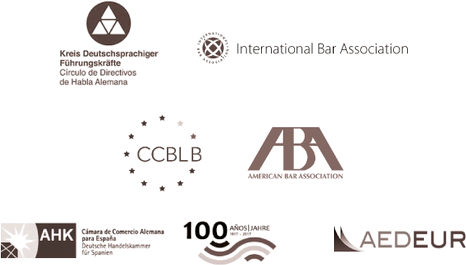
Chain of good intentions…
17/02/16
The Report from the Commission to the European Parliament and the Council on unfair business-to-business trading practices in the food supply chain was published on 29 January last. The aim of the Report was to assess (i) the existing regulatory and enforcement frameworks in the Member States; and (ii) the impact of the voluntary EU-wide Supply Chain Initiative (SCI) and the national SCI platforms that have been set up.
As regards the first aspect, the Commission recalls that, contrary to what happens at the European level, where no legislation on unfair trading practices (UTPs) in the supply chain exists, most Member States have dealt with UTPs from different perspectives, both through regulation and by promoting self-regulatory initiatives amongst market participants.
The Report highlights that one of the major concerns of operators wiling to complain about UTPs is how the relevant authorities deal with confidentiality. In order to fight against the “fear factor”, most enforcement systems in Member States allow confidential formal complaints or ex officio enquiries. Nevertheless, there is room for improvement to address the weaker party’s fear of compromising its commercial relationship when complaining openly to authorities about UTPs.
The Report also discusses the different legislative approaches of Member States when addressing abuses of economic imbalances. States such as Germany or Austria require a case-by-case assessment since the scope of the relevant legislative provisions is fairly broad. Others, such as the Czech Republic, Slovakia and Hungary, have chosen to legislate on the basis of extensive lists of illegal practices.
As regards the second aspect, the Commission has assessed the impact of voluntary initiatives, particularly the SCI, a voluntary framework for implementing the principles of good practice, launched in September 2013.
The SCI has encouraged debate on best practices and UTPs among operators and has started to induce a cultural change in the food supply chain. Even national platforms have emerged under the SCI, evidencing the importance of voluntary initiatives, although they work better in some countries than in others. Belgium’s initiative is the clearest example of a voluntary platform that seems to be an efficient approach to tackling UTPs in a country where there is no national regulation on UTPs.
The SCI has both strengths and weaknesses, though. As indicated in the Report, one of the strengths consists of being an EU-wide initiative which could therefore facilitate the resolution of unfair practices with a cross-border dimension. On the other hand, one of the major weaknesses is that it does not allow for individual confidential complaints by potential victims of UTPs.
In any case, the Commission considers that both voluntary initiatives and regulatory instruments are sufficient in general terms. Therefore, even if weaknesses have been identified, the Commission does not see the need for harmonisation at a European level.
Spain adopted Act 12/2013, of 2 August 2013, on measures to improve the functioning of the food supply chain; and on 24 November 2015 the Code of Good Practice for Contracts in the Supply Chain. The latter is a voluntary instrument whose objective is establishing the basis for commercial relationships and fair trading practices among the operators of the food supply chain.
It is still too early to evaluate the strength of this voluntary instrument, which presupposes the good intentions of market operators. Conscious of the potential insufficiency of “good will”, those drafting the Code included a dispute resolution system to which anyone adhering to the Code must resort to in case of conflict (mediation is compulsory). Good intentions are not sufficient, indeed.
Rating Legis SLP
T/F: +34 932 724 264
Provença, 253
08008 Barcelona
<!–
Members of:



